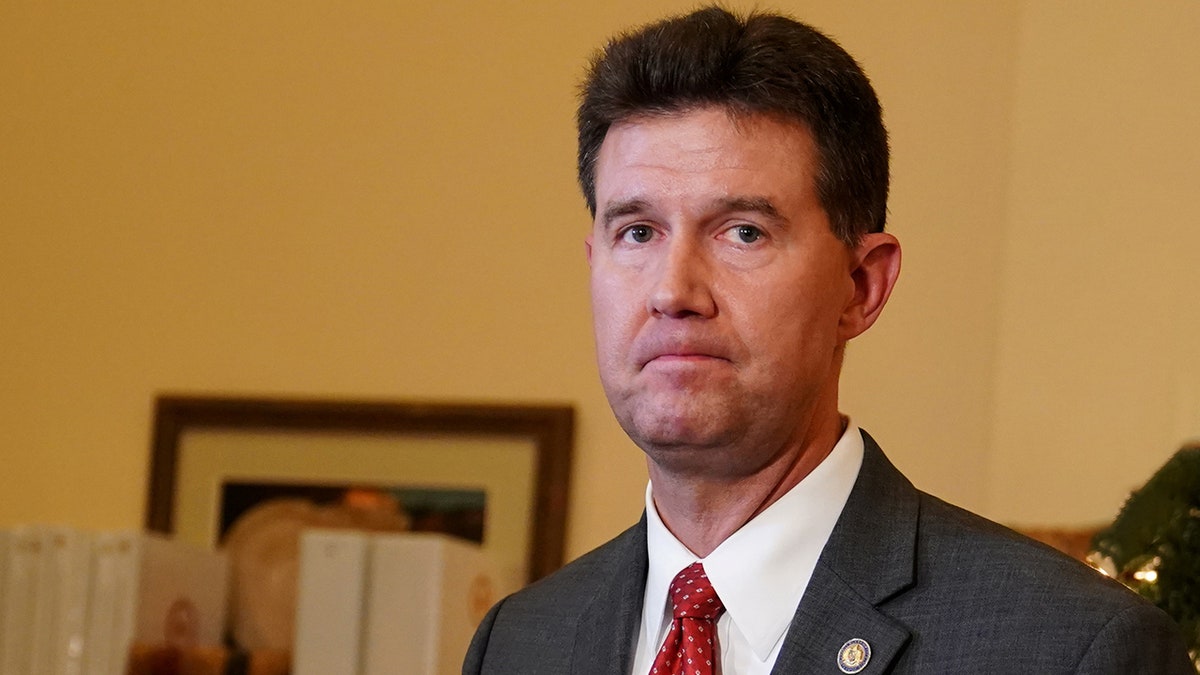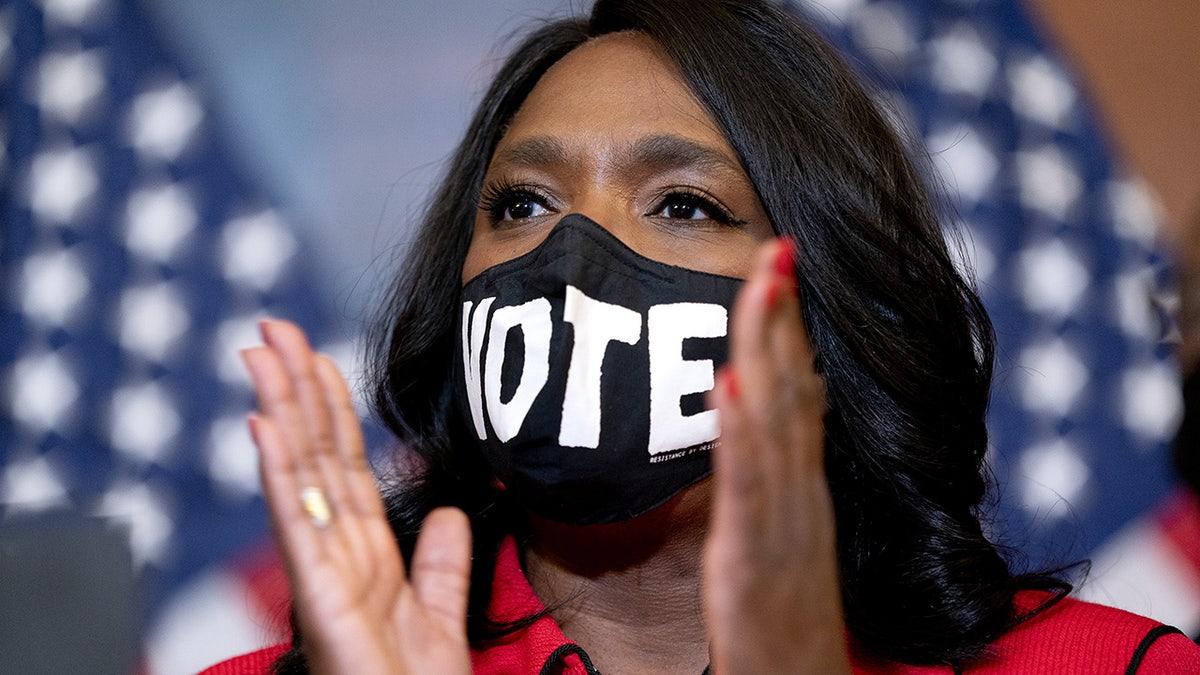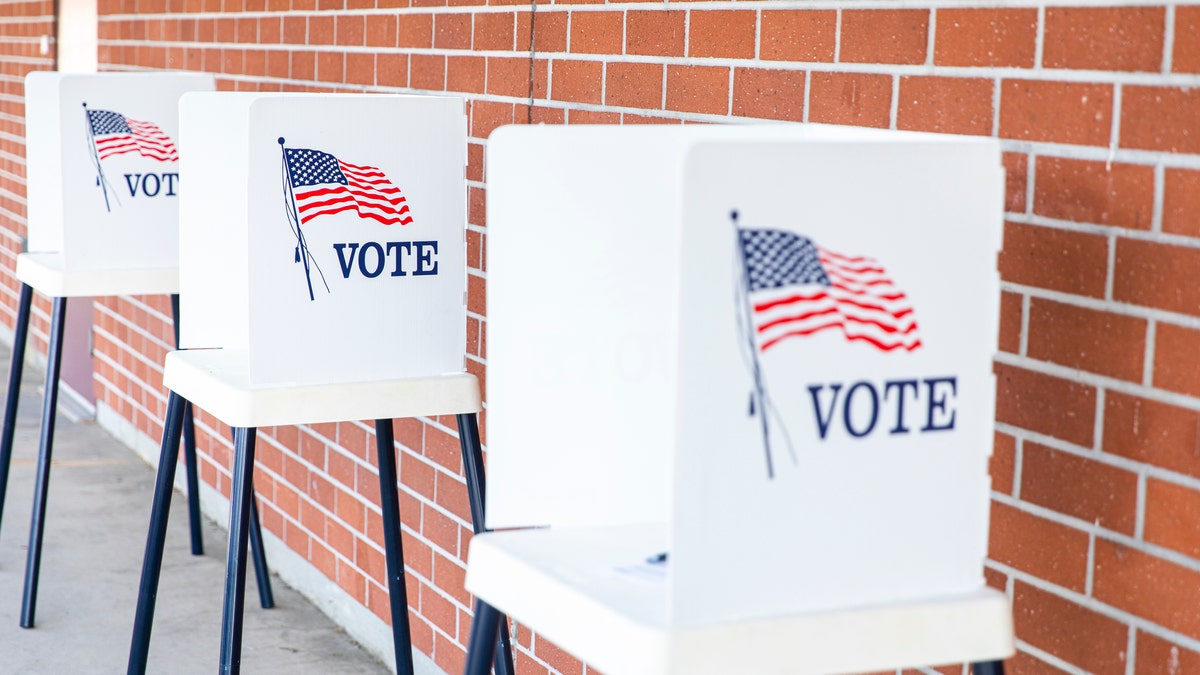Biden's Supreme Court nomination will have 'absolutely no room for error': Morgenstern
Fox News contributor Richard Fowler and former Trump WH deputy communications director Brian Morgenstern analyze Biden's Supreme Court diversity promise on 'Fox News @ Night.'
Alabama sent a request Friday to the Supreme Court, asking for a delay in a lower court order to proceed with drawing new congressional maps ahead of the 2022 election.
The emergency request, sent by Alabama Secretary of State John Merrill, was delivered to Justice Clarence Thomas based on jurisdiction. Thomas will now have the option to decide himself or ask his colleagues to weigh in on the request to issue a temporary injunction on enforcement, which would stay in place while lower court litigation continues.

Secretary of State John Merrill pauses as he speaks to the media after Alabama special election in Montgomery, Alabama, U.S., Dec. 12, 2017. (REUTERS/Carlo Allegri)
13 SENATE DEMOCRATS VOTED AGAINST BLACK FEMALE JUDGE NOMINATED BY TRUMP
A three-judge federal judicial panel on Thursday had refused to delay enforcement of its order, despite the state indicating it would appeal. That panel had concluded the current map drawn based on the 2020 census figures likely violates the Voting Rights Act by diluting the voting power of minority voters.
The panel ordered the state to redraw its GOP-friendly map to create a second minority voter congressional district.

Representative Terri Sewell, a Democrat from Alabama, applauds during a news conference at the U.S. Capitol in Washington, D.C., U.S., on Tuesday, Aug. 24, 2021. (Stefani Reynolds/Bloomberg via Getty Images)
The state’s current congressional delegation has only one Black representative, Democrat Rep. Terri Sewell, who represents Alabama's 7th congressional district, the only Black majority district in the Yellowhammer State.
CLICK HERE TO GET THE FOX NEWS APP

(iStock )
Should this case, or a similar appeal from another state, reach the high court for final review on a legal fast-track, it could lead to a fresh look at Section 2 of the Voting Rights Act of 1965, which prohibits voting practices or procedures that discriminate on the basis of race, color or membership in an assortment of language minority groups.
The latest census indicated Alabama’s population is roughly 27% Black.






